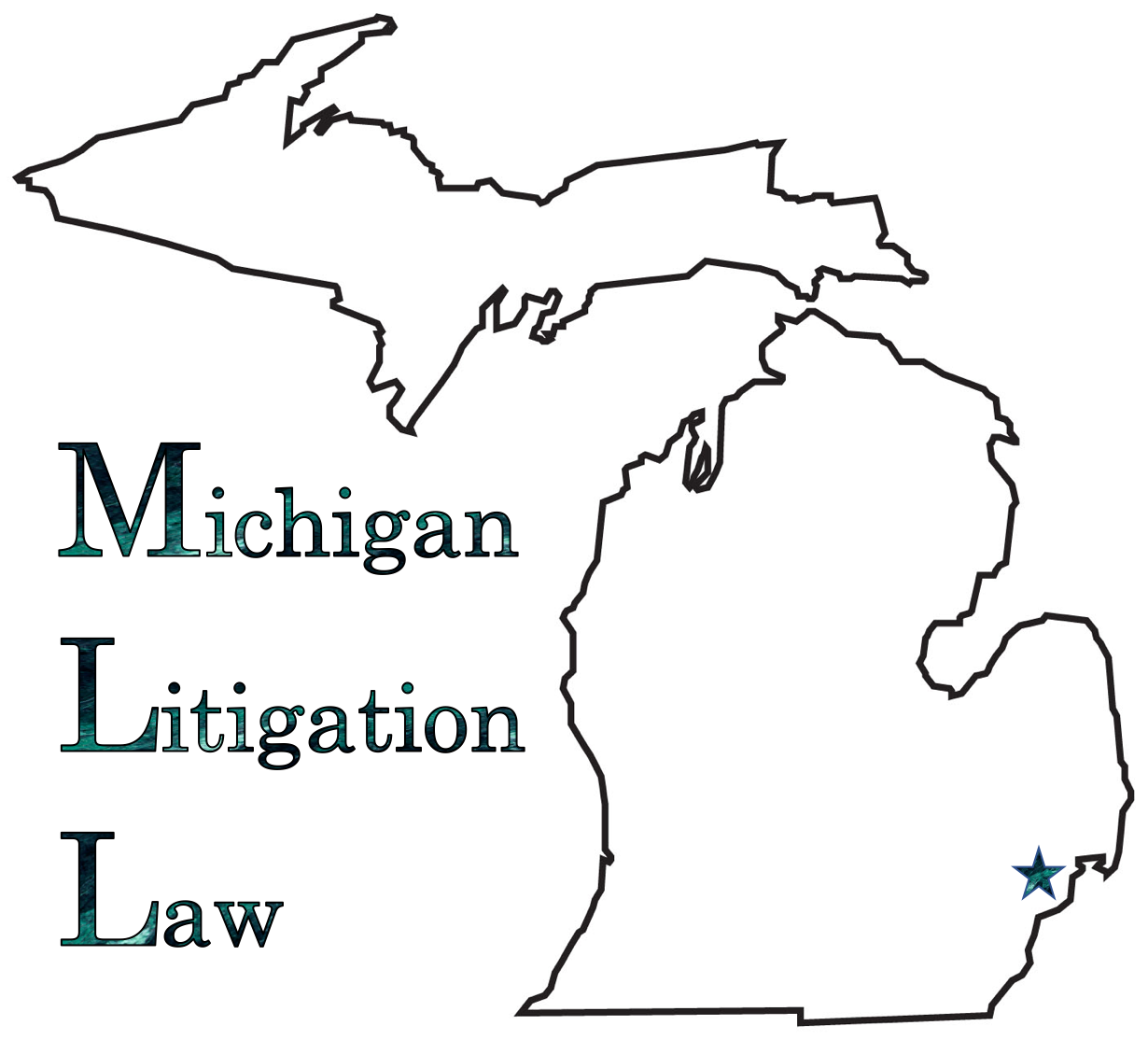Housing Regulation Under Michigan's Civil Rights Act
Under the ELCRA, parties to real estate transactions, brokers, and salespeople may not, on the basis of religion, race, color, national origin, age, sex, marital status, or familial status:
- Refuse to engage in a real estate transaction with a person;
- Discriminate against a person in the terms, conditions, or privileges of a real estate transaction or in the furnishing of facilities or services;
- Refuse to receive from a person or transmit to a person a bona fide offer to engage in a real estate transaction;
- Refuse to negotiate for a real estate transaction with a person;
- Represent to a person that real property is not available for inspection, sale, rental, or lease when in fact it is available, or otherwise make unavailable or deny real property to a person, among other acts. MCL 37.2502.
What does Familial Status mean?
- “1 or more individuals under the age of 18 residing with a parent or other person having custody or in the process of securing legal custody … or residing with the designee of the parent or other person having or securing custody.” MCL 37.2103(e).
What is a Real Estate Transaction?
- “the sale, exchange, rental, or lease of real property, or an interest therein.” MCL 37.2501(b).
- The phrase has also been held to include the lease of commercial property in connection with a franchise agreement.
What is Real Property?
- “a building, structure, mobile home, real estate, land, mobile home park, trailer park, tenement, leasehold, or an interest in a real estate cooperative or condominium.” MCL 37.2501(a).
- Covered activities further include brokering or appraising real estate; access to or participation in multiple listing services, real estate brokers’ organizations, or facilities; and obtaining loans or other financial assistance. MCL 37.2502, .2504(2).
For violations of ELCRA housing provisions, a civil fine may be imposed in an amount directly related to the cost to the state of enforcing this statute but not to exceed $10,000 for the first violation, $25,000 for the second violation within a five-year period, and $50,000 for two or more violations within a seven-year period. MCL 37.2605(2)(k).
For purposes of MCL 37.2502, a person engaging in a real estate transaction can extend beyond those individuals with an ownership interest in the property or with authority to vote on its sale, at least when the transaction occurs in the corporate context. Reed v Michigan Metro Girl Scout Council, 201 Mich App 10, 506 NW2d 231 (1993).
In McCready v Hoffius, the supreme court held that a landlord’s refusal to rent to an unmarried couple violated the ELCRA’s prohibition against housing discrimination based on marital status.
Exception for Owner-Occupied Units
The ELCRA’s prohibition against discrimination does not apply to rental in a building that contains housing accommodations for not more than two families living independently of each other if the owner or a member of the owner’s immediate family resides in one of the housing accommodations, or to the rental of a room or rooms in a single-family dwelling by a person if the lessor or a member of the lessor’s immediate family resides therein. MCL 37.2503(1)(a).
In addition, the prohibition of discrimination does not apply to “[t]he rental of a housing accommodation for not more than 12 months by the owner or lessor if it was occupied by him or her and maintained as his or her home for at least 3 months immediately preceding occupancy by the tenant and is maintained as the owner’s or lessor’s legal residence.” MCL 37.2503(1)(b).
Age and Religion Based Exceptions?
The act also permits “housing accommodations for persons 50 years of age or older,” MCL 37.2503(1)(c), as well as limitations “on the basis of religion relating to real property held by a religious institution or organization, or by a religious or charitable organization operated, supervised, or controlled by a religious institution or organization, and used for religious or charitable purposes,” MCL 37.2505(1).
The Michigan Supreme Court has held that the owner of an apartment complex may, in certain cases, restrict families with children to designated buildings. Department of Civil Rights v Beznos Corp, 421 Mich 110, 365 NW2d 82 (1984). Because “children are, in many respects, different from adults,” the court held that “the civil rights act does not prohibit differential treatment of minors per se where such treatment is reasonably necessitated by the special nature and characteristics of children.” Id. at 121.

